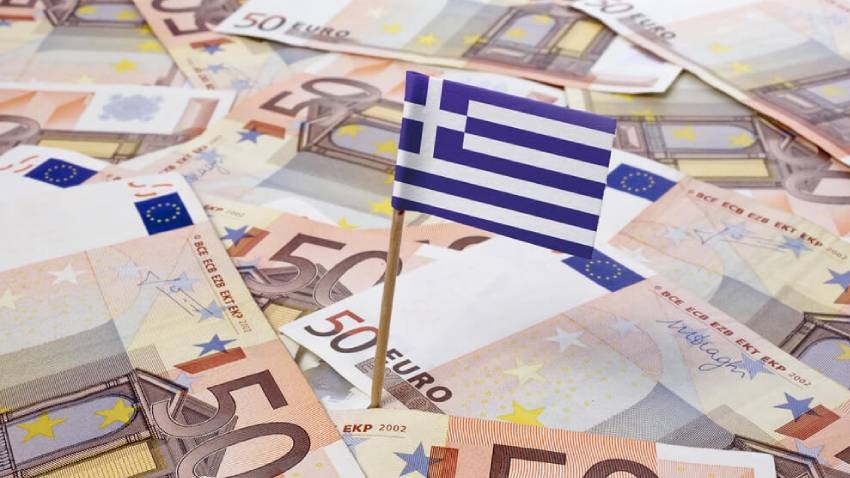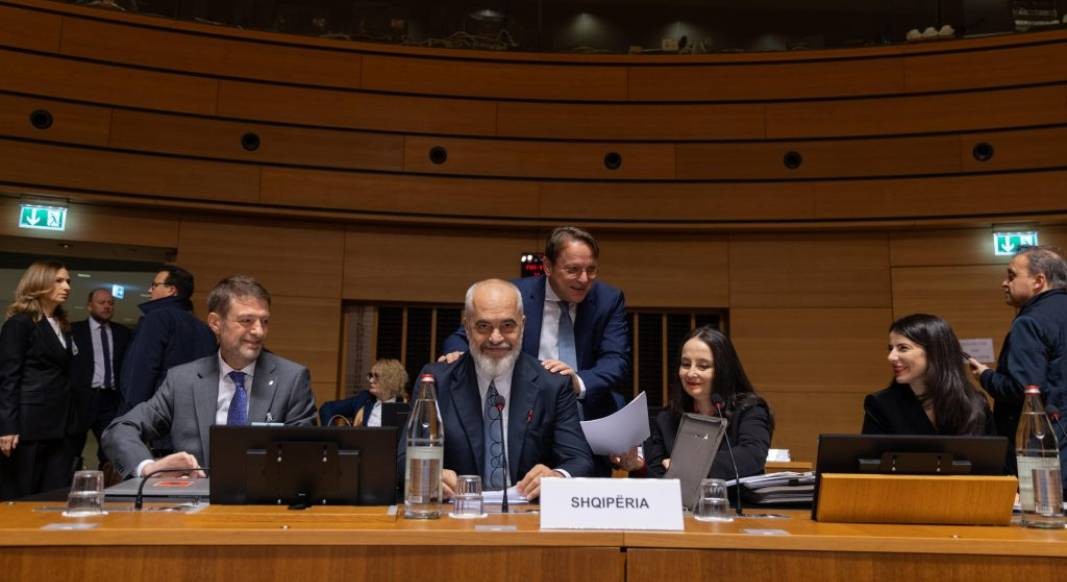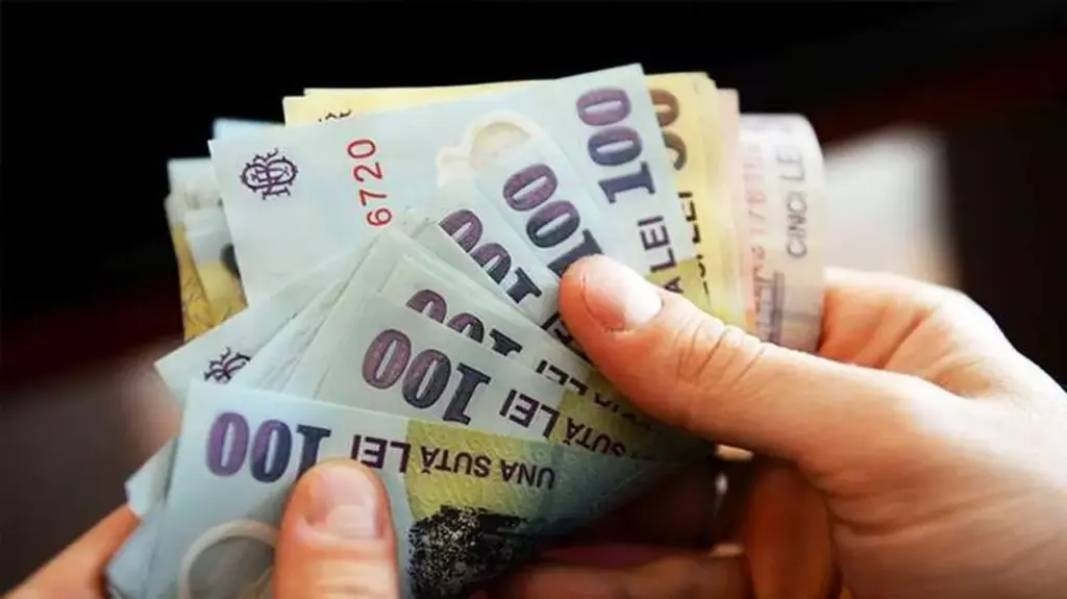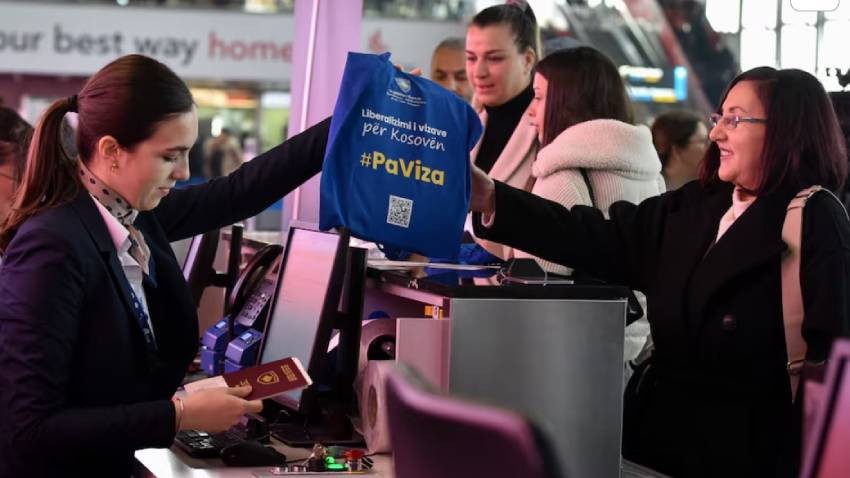Greece receives the fourth tranche of almost 1 billion euros under EU Recovery and Resilience Plan

The European Commission paid Greece the fourth tranche under the Recovery and Resilience Plan (RSP) worth 998.6 million euros. This was reported by the Greek state television ERT, quoted by BTA. As for all EU member states, payments to Greece under the Plan are performance-based and depend on the implementation of the investments and reforms set out in the national plan. The fourth payment for Greece is related to reforms such as the development of the information system of justice and the increase of electricity production from renewable sources, investments in afforestation and fire prevention.
The total value of Greece's financing under the Recovery and Resilience Plan is 35.9 billion euros, of which 18.2 billion are subsidies and 17.7 billion are loans.



Compiled by Miglena Ivanova
From today, residents of Stara Zagora, young and old, can send their letter to Santa Claus. A letterbox has been set up in the foyer of the city's State Puppet Theatre to collect messages for Father Christmas. The cultural institution guarantees that..
A Christmas tree with Bulgarian decorations has been placed in a central location at the Griffin Museum of Science and Industry in Chicago. For the fifth consecutive year, Bulgarians living in Chicago crafted the lavish decoration of the Bulgarian..
The usurpation of cultural heritage is one of the many inevitable consequences of any military conflict, both historically and today. Until the end of the war in Ukraine, it is impossible to adequately analyse the extent of the damage caused to the..
The Varna Regional Library "Pencho Slaveykov" has acquired a humanoid robot. It was unveiled by the library's director, Radka Kalcheva, during the..

+359 2 9336 661
